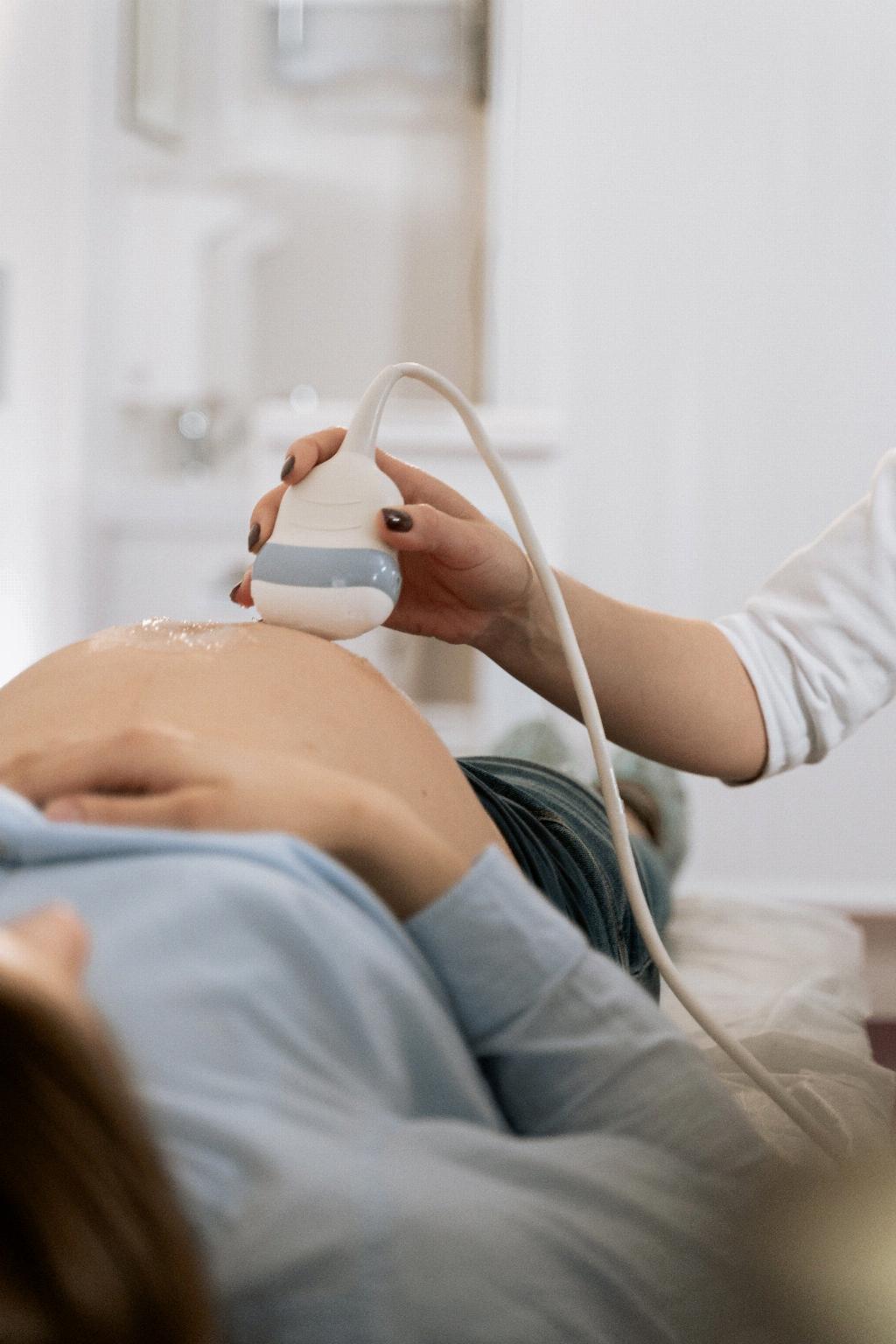Postpartum upper back pain is a common issue that many women experience after giving birth. The physical changes that occur during pregnancy, such as weight gain and altered posture, can contribute to this discomfort. Additionally, the act of carrying and breastfeeding a newborn can strain the muscles in the upper back, leading to pain and discomfort.
Factors Influencing Duration of Pain
Several factors can influence how long postpartum upper back pain lasts. These include the individual’s weight, overall health, level of physical activity, and the presence of any underlying conditions. Women who are overweight are at a higher risk of experiencing chronic back pain, which may prolong the duration of discomfort.
Typical Duration of Postpartum Back Pain
In most cases, postpartum upper back pain tends to subside within a few months after giving birth. The body undergoes significant changes during pregnancy, and it takes time for the muscles and ligaments to return to their pre-pregnancy state. Engaging in gentle exercises, maintaining proper posture, and receiving appropriate treatment can help alleviate the discomfort and expedite the healing process.
Seeking Professional Help
If the pain persists beyond the typical duration or if it becomes severe, it is advisable to seek professional medical help. A healthcare provider can assess the underlying cause of the pain and recommend appropriate treatment options. This may include physical therapy, pain management techniques, or other interventions to address the discomfort effectively.
Importance of Self-Care
Self-care plays a crucial role in managing postpartum upper back pain. Simple measures such as practicing good posture, avoiding heavy lifting, and using ergonomic equipment can help prevent exacerbation of the pain. Engaging in relaxation techniques, such as gentle stretching or mindfulness practices, can also promote muscle relaxation and reduce tension in the upper back area.
Emotional Impact of Pain
It is important to recognize the emotional impact that postpartum upper back pain can have on new mothers. Dealing with chronic pain can be physically and emotionally draining, affecting one’s overall well-being and ability to care for a newborn. Seeking support from loved ones, healthcare professionals, or support groups can provide the necessary emotional support during this challenging time.
Preventative Measures
Preventative measures can help reduce the likelihood of experiencing prolonged postpartum upper back pain. Maintaining a healthy weight, staying active, and practicing good posture throughout pregnancy can help minimize strain on the muscles and ligaments in the back. Additionally, following up with postpartum exercises and seeking guidance from a healthcare provider can aid in the recovery process.
Long-Term Effects
While postpartum upper back pain is typically temporary, neglecting to address the underlying causes or seeking appropriate treatment can lead to long-term issues. Chronic back pain can impact one’s quality of life and hinder daily activities. By taking proactive steps to manage the pain and promote healing, individuals can mitigate the risk of developing persistent discomfort in the future.
Support Systems
Building a strong support system is essential for women experiencing postpartum upper back pain. Partnering with healthcare professionals, such as physical therapists or chiropractors, can provide personalized care and guidance on managing the pain effectively. Moreover, leaning on friends, family members, or online communities can offer a sense of solidarity and encouragement during this period of recovery.
Embracing Self-Compassion
Practicing self-compassion is vital for new mothers navigating postpartum upper back pain. It is essential to acknowledge the physical challenges and emotional strain that come with caring for a newborn while dealing with discomfort. Being kind to oneself, seeking assistance when needed, and prioritizing self-care can foster a positive mindset and aid in the healing process.
Conclusion
Postpartum upper back pain is a common occurrence for many women after giving birth. While the duration of discomfort varies for each individual, most cases tend to resolve within a few months with proper care and treatment. By understanding the factors influencing postpartum back pain, seeking professional help when necessary, and practicing self-care, women can effectively manage the pain and prioritize their well-being during the postpartum period.

